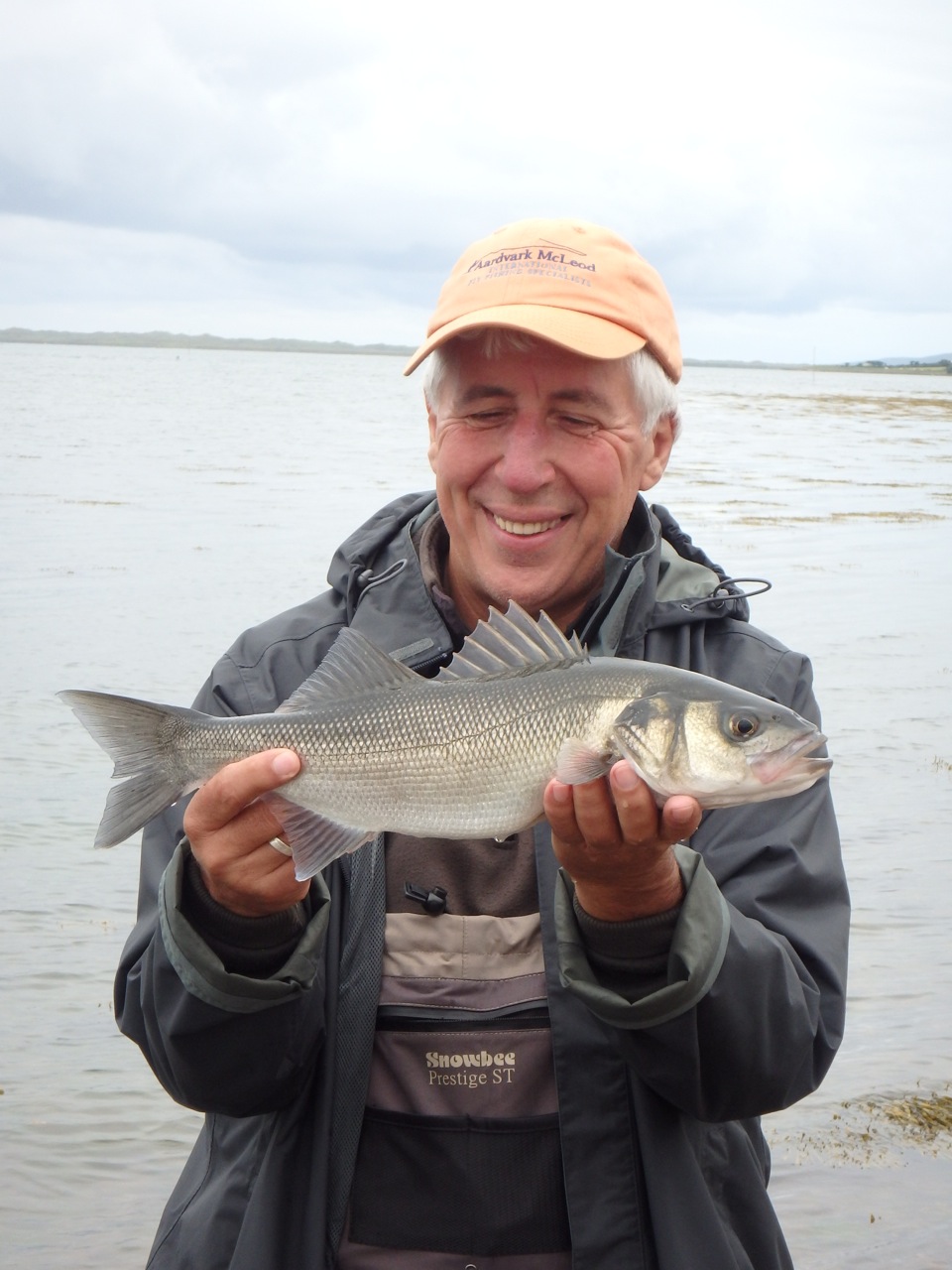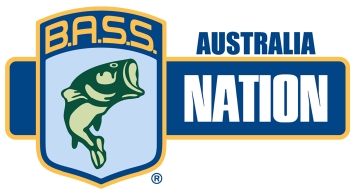
WELL it’s all kicking off over here in the UK, with the recent publication of the European Commission’s proposals on bass fishing in 2016 “to halt the dramatic decline in this important stock”. The North Atlantic sea bass is a fantastic sportfish that looks good and fights hard. Unfortunately, thanks to changing eating fashions promoted by various celebrity TV chefs, it has been increasingly targeted by the commercial fleet to the extent that stocks are now in serious decline.
The proposals, which will be put to the Council of European Ministers next month, include; “a complete fishing ban for commercial vessels and recreational anglers in the first half of 2016”, and in the second half of 2016 “a monthly one tonne catch limit for vessels targeting sea bass and a one fish bag limit for recreational anglers”.
The current recreational bag limit is three fish and anglers don’t accept that their marginal impact on the fishery is the cause of the problem. This crisis has been brought about by years of overfishing compounded by, until recently, a marked reluctance by fishery managers and politicians to heed the ever more apocalyptic warnings from the scientists.
Organisations like the National Federation of Sea Anglers, now part of the Angling Trust, and the Bass Anglers Sportfishing Society (BASS) have been campaigning for the introduction of bass conservation measures for best part of 20 years. In the UK things looked hopeful in 2004 when theNet Benefitsreport by the Prime Minister’s Cabinet Office recommended that fishery managers look at making bass a recreational only species. Sadly, the report stayed on the shelf and although in 2007 we came close to achieving an increase in the ludicrously small and unsustainable minimum size limit of 36 cm – bass don’t reach maturity until 42 cm – under the then Labor Fisheries Minister Ben Bradshaw. However, this was stopped at the last minute when Bradshaw was reshuffled and his successorcaved into pressure from the commercial sector.
A breakthrough of sorts came earlier this yearwhen the Commission bypassed the deadlocked politicians and introduced a package of emergency measures which included a ban on mid-water trawling for bass from January to April in order to protect the existing spawning stock biomass. They also brought in new monthly catch limits on commercial boats, a raised minimum landing size to a more sustainable 42 cm, and a three fish bag limit for anglers. Welcome as these measures have been they were introduced more than two years after scientists at the International Council for the Exploration of the Seas (ICES) had issued clear advice for at first a 36% and then an 80% cut in bass mortalities. It seems to have been a case of ‘too little too late’ as unfortunately the situation has further deteriorated. The ICES advice for 2016 recommends catches of 541tonnes. This is effectively a 90% reduction on 2014. Even if all targeted fisheries were closed the commercial by–catch of bass would exceed the recommended figure of 541tonnes. All of which means that for the bass stock recovery measures to be effective, far greater restrictions will need to be placed on the harvesting of the species.

I will return to what I think needs to happen to the commercial fishery but let’s first address the idea of a one fish bag limit. While I am firmly of the view that anglers must play their part and accept sensible limits on the amount of fish they can take, a reduction of this magnitude on the sector that causes by far the lowest impact on bass stocks is anything but fair or proportionate.
The Angling Trust issued the following response to the Commission’s plans:
“Government figures show that recreational sea angling is enjoyed by more than 800,000 people in the UK and is worth £2bn to the economy. Bass is our most popular sport fish and a huge amount of bass caught by anglers are returned to live, breed and fight another day. Anglers have been warning about commercial fishing causing a decline in bass stocks for the last 20 years and it is only recently that the European Commission and the Member States have started taking the issue seriously.
“Whilst we welcome the proposals to further restrict the commercial harvesting of bass it is monstrously unfair to lump all forms of bass fishing together. There is absolutely no equivalence between a trawler dragging a huge net across the ocean and a group of anglers going out at the weekend with a rod and line and fishing sustainably within agreed size and bag limits. The Angling Trust intends to tell the Commission that they are picking on the wrong target.”
Next Steps
Over the next fortnight we will be liaising with our colleagues in the Bass Anglers Sportfishing Society (BASS) and our partner organisations in the European recreational fishing sector in producing a carefully worked response to the Commission’s proposals. This will focus on trying to ensure all sectors contribute to the conservation of bass stocks in a more balanced and proportionate way. We intend to put this forward for consideration at the December meeting of the Council of Ministers where we hope to see the Commission’s original proposals amended.
I’ve set out here my own personal views and, yes, they would result in some hardship for some commercial fishers, but if we carry on without embracing effective and meaningful bass conservation policies then there will be no fish for anyone to catch, either for fun or for food.
So here’s my six point plan for bass:
1) We should support a lengthy closed season to protect the spawning fish as long as it’s over the right period and operated on a no take basis, which allows for responsible catch and release fishing.I would, however, question if January to June is the appropriate period when the bulk of the spawning and associated migration begins in November and is over by May.
2) I want Europe to move to a hook and line commercial fishery only and, before the commercials start screaming blue murder, I should point out that this is less severe than the recreational only status currently applied by Ireland.
3) And should the Commission agree with this approach what would be a fair contribution from the recreational sector? I would happily see the minimum landing size rise for all to 45 or even 50 cm, and by introducing a maximum size of say 60 cm we would be obliged to return the important big breeders.
4) Until last year we had no recreational bag limits at all and in my view the current three fish per day limit could be reduced to two fish as part of the type of proportionate package that I’m suggesting.
5) There would also need to be a substantial increase in the number of inshore bass nursery areas and better protection for estuaries in order to create an environment in which young fish have the best possible chance of surviving and thriving.
6) And, most important of all, and end to the totally unsustainable and damaging practice of netting for bass, which is at the root cause of the overfishing that has caused the stocks to crash in the first place. With something like 80% of domestic demand for bass being provided by plate-sized farmed fish, there is simple no need to have nets in our fishery.
With European bass stocks on the precipice, now is the time to make up for a generation of complacency and inaction. Perhaps it’s all too much to hope for but if the scientists, the politicians and the European Commission can all sing from the same song sheet for a few more weeks then radical reform really could happen and our big, beautiful, silver bass might just be offered a future.
Martin Salter is Fishing World’s Foreign Correspondent and author of Keep Australia Fishing. He now works as Campaigns Chief for the UK peak body – The Angling Trust
















